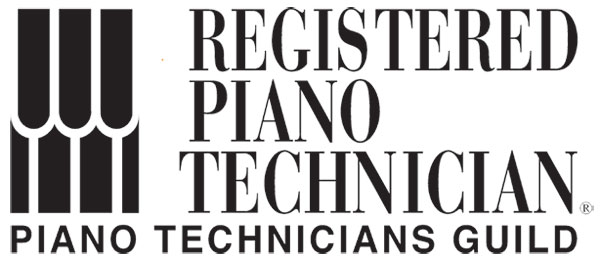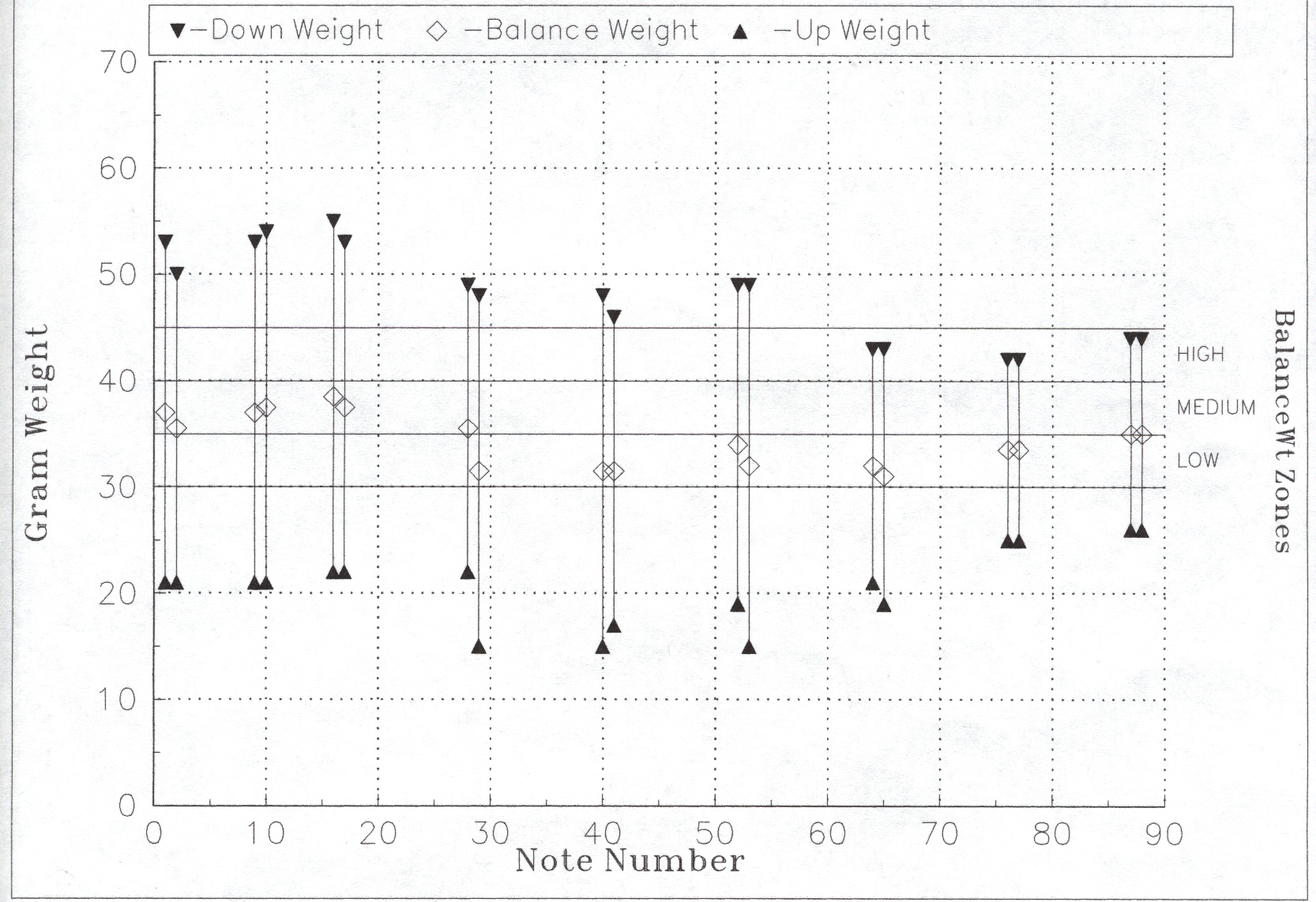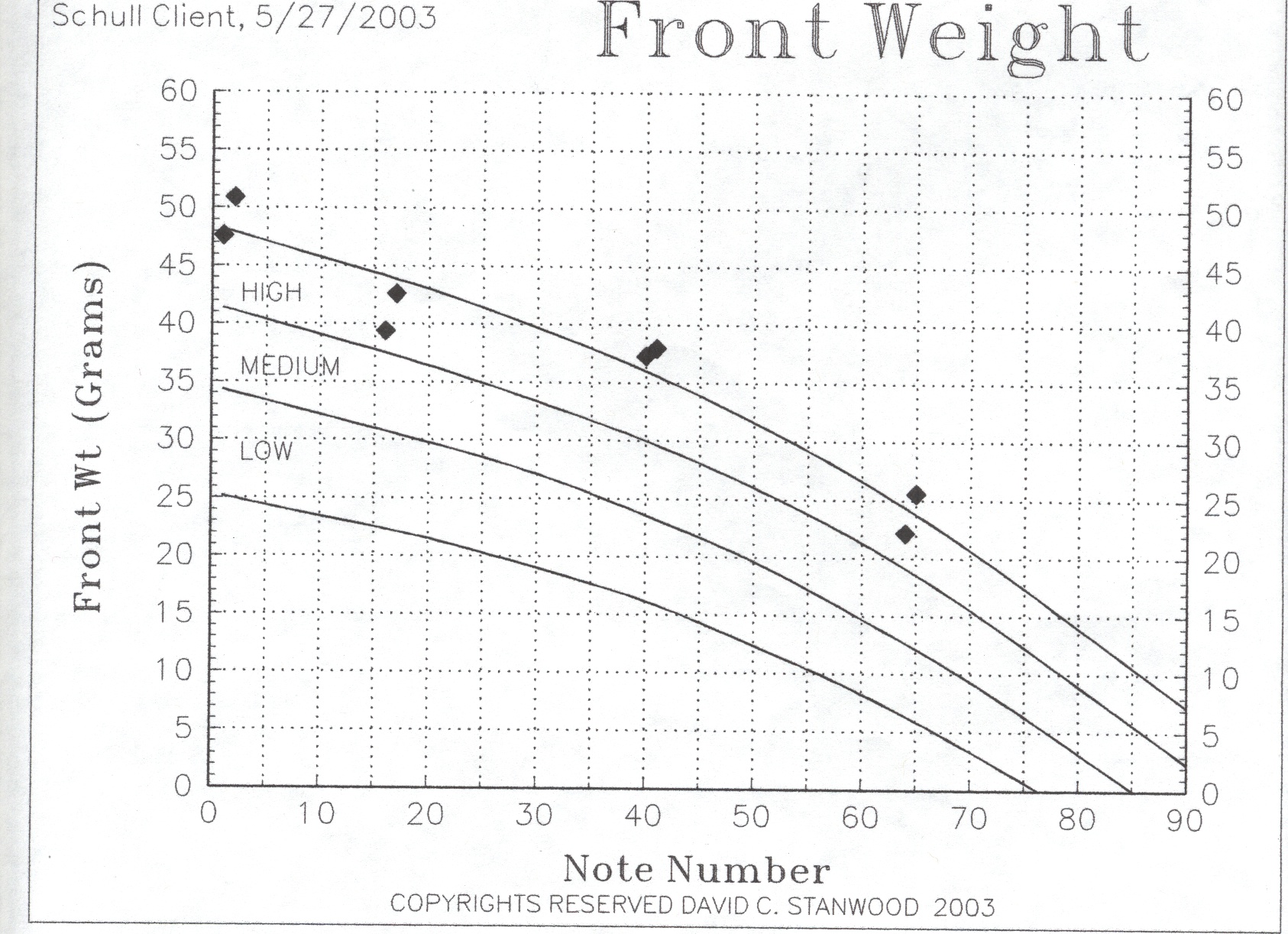 |
|
610 Amigos Dr., Redlands, CA 92373 909 796-4226 |
 |
|||
|
Bill Shull, RPT Catherine Lee, Manager |
|||
|
|
|
||||||||||||||||||
|
Serving the greater Inland Empire, Redlands, Loma Linda, Highland, San Bernardino, Riverside, Corona, Norco, Eastvale, Ontario, Rancho Cucamonga, Temecula,others Staying at home? No better time to buy a piano from Shull Piano and create beautiful music! |
|
HOW TO BUY A PIANO CONTENTS The Quandary in Buying a Piano Resources: Where you should start Consulting on a piano purchase - the teacher and the technician The School Sales - If you are considering a “college sale,”, read this first! Buying from a piano tuner or technician Enhancing your piano purchase with performance-oriented service The quandary in buying a piano is similar to that of other medium and large ticket items: You should do your homework to decide what to buy, but ultimately, taking the plunge requires impulse. It takes some nerve, and a little (or a lot) of help from the outside, to buy a piano. It will be up to you to become informed about the product and make the right decision for you; then you will need help from the sales person. The primary function of a piano sales person is to help encourage your impulse to purchase - that could be good, because otherwise you might not make the purchase. But it could be bad if you haven’t done your homework, or if you have done your homework and go against your better judgment. Piano sales personnel are not always technically informed about pianos, although they might have some knowledge about the piano. You should not be influenced by their technical opinion, because their job is to sell you a piano. But if you have done your homework and know what you want, the sales person is your friend. Otherwise you may not ever buy a piano! Where should you start? Do some homework. Talk to your piano teacher, to your piano technician, and ultimately, you should buy the “The Piano Book” by Larry Fine, and read the relevant chapters. It is available on the Web and at the major bookstore chains. This book is essential in guiding the purchase of a piano. You may call me with questions, but if you buy the book and study it before you call me, you will know more about the questions to ask. And now a companion publication available both hard-copy and online is the bi-annual “Piano Buyers Guide” - http://www.pianobuyer.com/ which is a kind of e-book/magazine, with content from “The Piano Book”, new articles and complete listings of new pianos and updates on the manufacturers. Consulting with the teacher and technician: Resist the impulse to buy before doing your research. Don’t stop reading this page, either. I don’t want you to lose the impulse to buy, but I have heard too many nightmare stories - do your homework! Read the Piano Buyer’s Guide and The Piano Book,, talk with your teacher and your technician (both, because they have different perspectives and you need them both), and avoid the school sales, where you won’t have time even to think! - at least until you have done your homework. There is more than one dream piano out there, and that irresistible school or weekend sale might have your dream piano, but you might not find out until it’s too late if you were wrong! Consulting with the piano teacher is helpful, especially if he or she has extensive experience with many pianos. This is also true of your piano technician. Consult with musicians and technicians who have the widest experience. Be aware that some teachers - even at the college level - receive commissions or other compensation from dealers for piano sales, which may or may not affect their recommendation - you will have to decide about that. Prepare to pay a service call fee when you have found a prospective piano to have your technician inspect the piano. The technician will charge a basic fee commensurate to a service call fee, plus mileage if a distance is involved. If you do your homework first, you will probably keep the number of fees to a minimum. It is better than finding out too late you have made a mistake! Some piano brands require this inspection less than others; better to discuss this with your technician first. In some cases you may want further data than a minimum service call/consult will provide. This is especially true in the performance/high end arena, with older or rebuilt pianos, when you need an estimate with the service call, or if you are considering a Stanwood Precision TouchDesignTM action with the piano. Be prepared to pay a reasonable hourly rate for the consultation. Are you considering a new piano? Chances are good that you will enter the doors of a retail business in your quest for a piano. If you are buying a new piano, you have a wide range of choices. “The Piano Book” is a much better resource than the salesperson here (remember, the salesperson is your friend, if you do your homework). You don’t always buy reliability and durable materials just because you buy new. But some manufacturers are pretty sure bets for reliablilty and performance. Once your homework is done, it is between you and the salesperson. You don’t want to pay too much, the sales person and the proprietor of the business wants to pay the bills, - and you might need the salesperson to persuade you to take the plunge - all these dynamics are at work - enjoy it! If you are buying a more expensive piano be prepared for a wide range of standards. This is not necessarily bad - it is part of the uniqueness of the musical instruments. The most consistently built current production pianos in the world - Yamaha and Kawai - are medium-priced pianos, built with more predictability than the more expensive pianos. The higher end manufacturers often have manufacturing traditions which result in less consistent results. Their marketing departments are good at presenting this as a sales feature, but the photographs and graphs on this website show the reality. This doesn’t mean that the expensive pianos are overpriced or a bad value; rather, you should be prepared to invest additional funds if you want a high-performance piano. If you consider buying a used piano from a dealer, you should be extremely careful. Absolutely use a piano technician to inspect the piano, and be prepared not to purchase a piano which seemed OK. Just because a large selection of used pianos may be found at a piano dealership doesn’t mean that you are in any better position to buy a used piano. And remember that the salesperson is not an expert on pianos - only an expert on selling pianos. On the other hand, if you do your homework you may find what you are looking for there. Read all of this web page, and buy Larry Fine’s “The Piano Book” and read the chapter on buying a used piano. The College Sales - If you get an adrenaline rush from big-ticket shopping, then the college sale is your dream-come-true. But many college sale customers have spoken with me, and there is no doubt that more people come away from the college sale with permanent buyer’s remorse than in any other purchase situation. Temporary buyer’s remorse is normal; College sale buyer’s remorse can be permanent. The basic problem lies in the short amount of time available to make a decision (2 days at most, often just a few hours), combined with the sales skills of the experienced college sales personnel. The typical college sale occurs with a buyer who hasn’t had the time to do the homework, who relies on the impeccable reputation of the university, and who went ahead with the purchase because 1) the sales personnel are college sale experts, and seem to know what they are talking about; 2) The Brand Name reputation is irrestible - even if you end up buying a used or “rebuilt” piano; 3) The stellar reputation of the university guarantees a reliable piano purchase; or 4) all of the above. The best way to buy a piano at a college sale is to buy new (having already done your homework as discussed elswhere on this page). Otherwise, you should have an independent, qualified Registered Piano Technician along with you. There is absolutely nothing about a college sale that makes it more prestigious, more legitimate, or more respectable than a used car sale down at the WalMart parking lot. It is simply one way that the industry has successfuly sold pianos. As I have written earlier, the sales person is your friend - if you do your homework and use good judgment. Buying from a private party is a great way to buy a piano - just do your homework, read Larry Fine’s book, set aside the money for a few service calls, and don’t be in a hurry. If you are looking for something specific - say, a vintage high quality grand piano (examples include Baldwin, Knabe, Chickering, Stieff, AB Chase, Bechstein, Bluthner, Ibach, and dozens more) prepare to search for months or longer - you will find a very fine piano this way, if you are patient and work with your technician. Expect to pay for partial or complete rebuilding with most older pianos, but don’t be surprised when you find one which is in good original shape. This is more likely in temperate climates, such as the coastal regions of the West Coast (San Diego to Seattle), as well as nearby ocean-influenced inland regions. The client’s total bill on a fine old American grand which I recently rebuilt, including purchase, came to nearly $20,000 - but it is now a unique instrument with an irresistible sound and quick responsive Stanwood action - and competes favorably with pianos twice the price. Are you considering buying from a tuner or technician? Then do your homework, just as you would with a dealer or private party. If you have a qualified technician (not the seller) inspect the piano you should be OK. Still, it would be reassuring if the seller is a competent serviceperson, in case something was done to the piano which isn’t discovered until you have taken possession. (One local “tuner” regularly changed the brand names of his pianos to a famous major name, and advertised regularly in the LA Times! Neither the DA or the piano company were interested in prosecuting - too small-time and not enough complaints!) If buying from a tuner or technician, what are the service person’s qualifications? The baseline qualification is the Registered Piano Technician (RPT) standing with the Piano Technicians Guild. Additional qualifications are helpful, especially if the service person is an experienced technician who regularly attends Annual PTG conventions and participates in the local chapter of the Piano Technicians Guild. But most importantly, have your own qualified technician to evaluate the purchase. If you want the best results, be prepared to do work in addition to tuning, after the purchase. Most used pianos need work such as action adjustments, hammer filing, and voicing. New pianos may need prep work beyond what was already performed (or work which should have been performed). Frequently a more expensive new piano will be dramatically enhanced by high-end performance work, or even basic voicing and regulation. Nearly every New York Steinway should have extensive voicing work to suit the customer’s needs. This is standard policy - nearly all Steinways come from the factory with only basic prevoicing, and will need considerable voicing after purchase in its new home. This work is basic and essential to the final preparation of the piano for the customer. Except in exceptional cases or by contractual agreement at the time of the purchase, this work is not paid for by the dealer or manufacturer. (This is not to pick on a particular manufacturer, but to explain a particular reality. Each manufacturer has its own situation, this illustrates what is typically needed for the new NY Steinway.) The most satisfying results are obtained when, in addition to work such as that in the paragraph above, a complete Stanwood Precision TouchDesignTM service is performed. This will correct problems which are chronic to upper-end manufacturers - see below - and will bring the piano to its highest level of performance. ShullPiano is a licensed Stanwood Precision TouchDesignTM installer. The “high-tech piano.” The action performance of even the highest quality, most technologically sophisticated piano manufacturers can be significantly improved on. It is left for the “blueprint and balance” aftermarket technicians to refine and perfect the playing mechanism of a piano. For example, this year I inspected a beautiful new European 7’ grand whose key leading was performed the old fashioned way, by adding lead to compensate for friction in the action in order to achieve even static downweight. The key leading followed no pattern, creating differences in mass from key to key which dramatically overcame any “benefit” in even touch as measured by traditional static downweight methods. This piano felt heavy, even though the actual downweight averaged well below 50g in the middle of the keyboard! |
 |
|
And the sample front weight numbers on this piano (below) were also startling, showing why the action felt much heavier than its downweight numbers indicated. This expensive new European piano has too much lead, unevenly placed! |
 |
|
|
||||||||||||||||
|
|
|
PIANO MAKING IS PARTLY ART, PARTLY SCIENCE. THE COMPANIES REFERRED TO ABOVE BUILD FINE INSTRUMENTS. THE REQUIREMENTS OF THE MARKETPLACE, THE NECESSITY TO MAINTAIN SOLVENCY, CONTRIBUTE TO THE BUILDING OF PRODUCT WHICH IN NEARLY ALL CASES CAN BE DRAMATICALLY IMPROVED - SUCH AS WHAT WE DO WITH THE STANWOOD ACTION WORK. SO DO YOUR HOMEWORK AND BEGIN SEARCHING FOR THE RIGHT PIANO FOR YOU. CONSULT THE TECHNICIAN, THE PIANO TEACHER AND “THE PIANO BOOK”, BUY A LITTLE MORE THAN YOU CAN AFFORD, AND COMMIT TO HAVING YOUR TECHNICIAN REGULARLY TUNE, VOICE AND REGULATE YOUR PIANO AFTER THE PURCHASE. IF YOU HAVE CHILDREN STUDYING PIANO, THEY WILL RECEIVE THE MOST BENEFIT - AND YOU WILL ALL BE MOST HAPPY! |
|
Text copyright Shull Piano Inc. 2003, and may be used, copied, or reprinted only by permission of Shull Piano Inc. Graphs copyright David Stanwood, 2003, and may be used only by licensed Stanwood installers. |
|
[Home] [SERVICE & RESTORATION] [RETAIL SALES] [RENTAL] [HUMIDITY CONTROL] [PIANO ACCESSORIES] [TESTIMONIALS] [ABOUT BILL SHULL] [About PTG] [Programs and Classes] [How to Buy a Piano] [Directions to Shull Piano] |